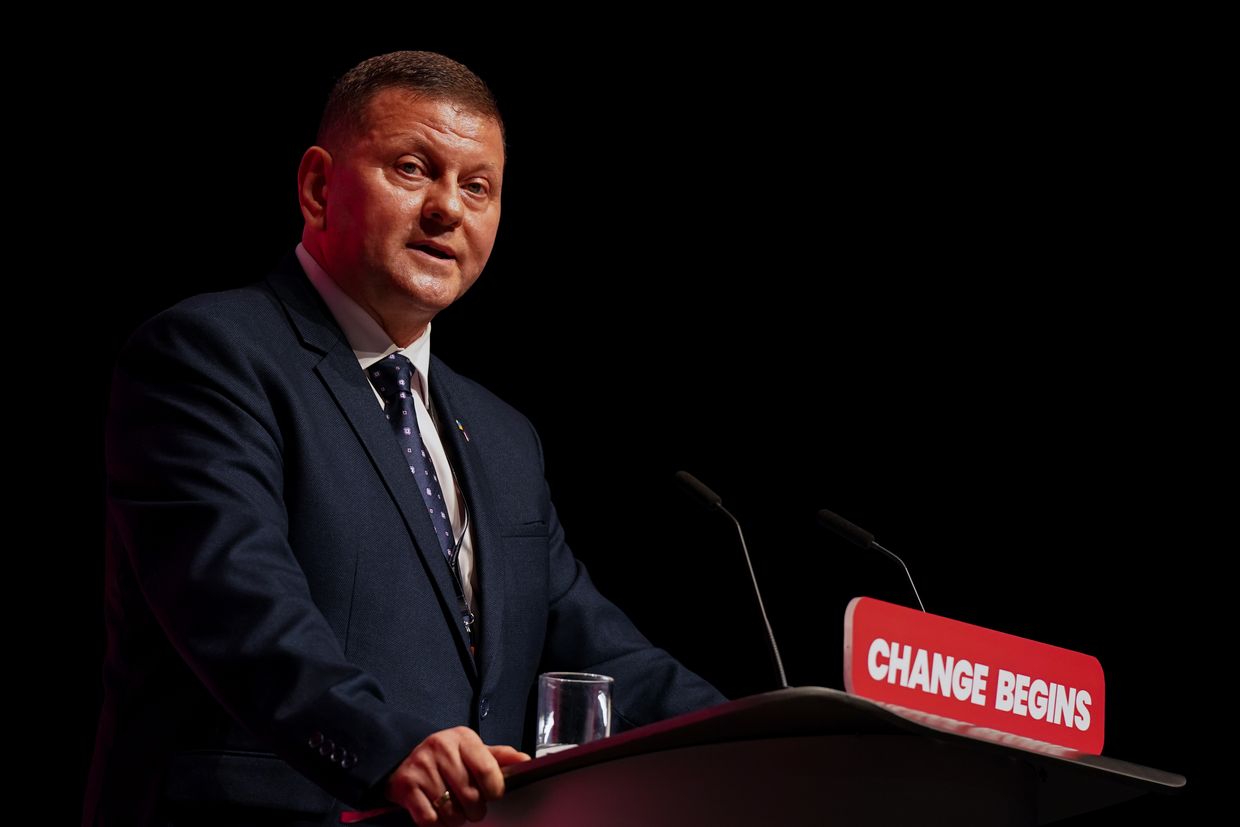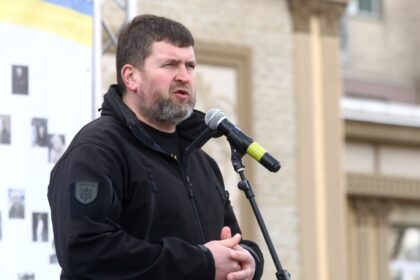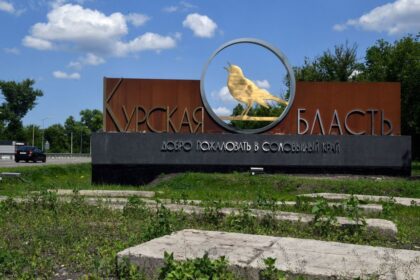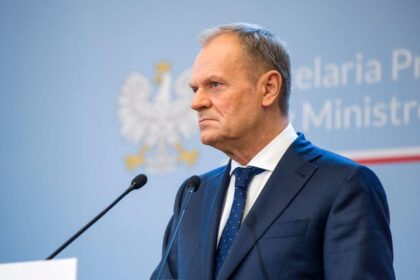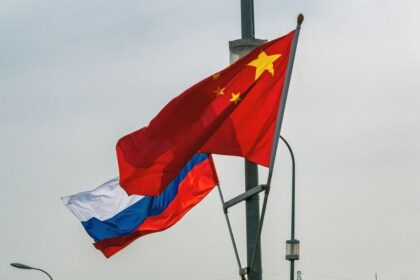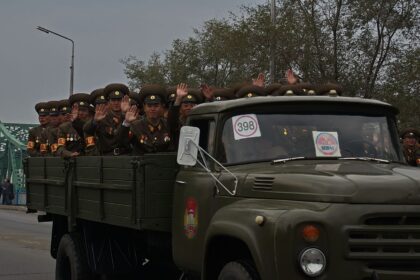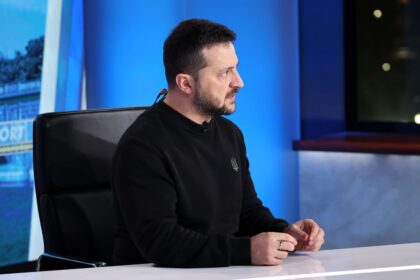This article discusses the recent arrest of top military commanders in Ukraine, including Major General Halushkin, and how these arrests are perceived as politically motivated. The article quotes various military leaders and experts who claim that these arrests undermine the army’s morale, motivation, and trust in higher command.
The article highlights two main points:
1. **Arrests as a 100% political case**: Military leaders and experts argue that the arrests of top commanders are not related to any real wrongdoing or misconduct but rather serve a political purpose. They claim that these arrests demoralize the military, create uncertainty among officers, and harm the war effort.
2. **Underdeveloped military justice system**: The article notes that Ukraine lacks a comprehensive military justice system, inherited from the Soviet Union. This has led to controversy and inconsistent treatment of cases involving military leaders, such as the case of Major General Viktor Nazarov.
Key points:
* Pre-trial criminal proceedings in Halushkin’s case were closed to the public, and his defense was denied access to case materials.
* Military leaders like Anatolii Kozel and Serhii Naiev have publicly criticized the arrests, calling them “unacceptable” and damaging to the war effort.
* Lieutenant General Naiev was appointed as a front-line commander in Ukraine’s east after criticizing the arrests, seen by some as retaliation.
* The case of Major General Viktor Nazarov highlights the lack of a clear framework for tackling military cases.
* The article also mentions another high-profile case, the “armored vests case,” which allegedly aimed to damage then-President Poroshenko’s reputation.
Overall, the article suggests that the arrests of top military commanders in Ukraine are perceived as politically motivated and undermine the country’s war effort.




